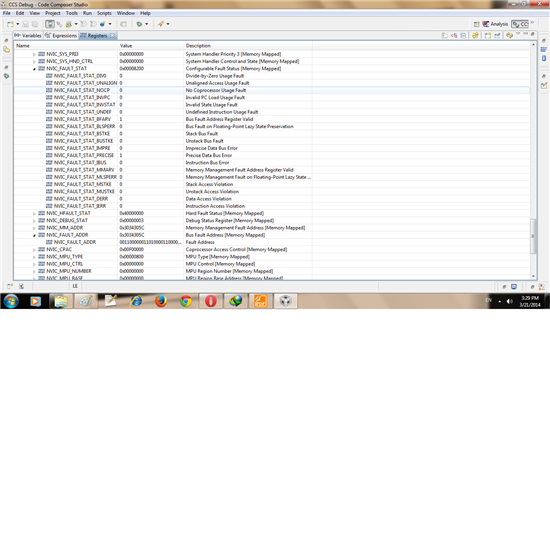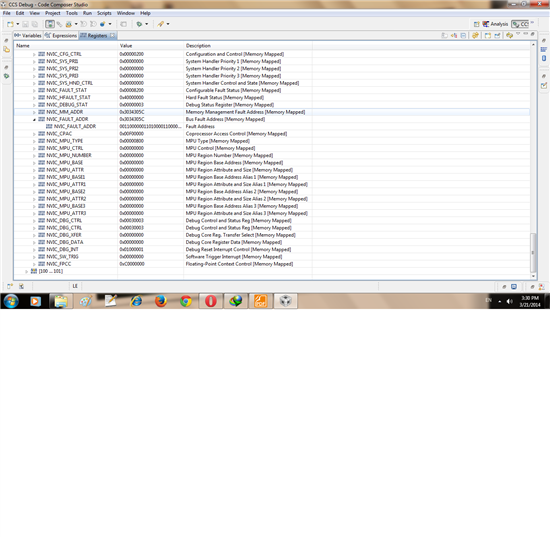Hello,
I want to store the data in the sdcard in .csv format.i was successfully create a new file .In the first row i write the heading successfully and then i write simple count number ,for the two row it was write work correctly but after that it is going to infinite loop.
What is the problem am not able to understand.



